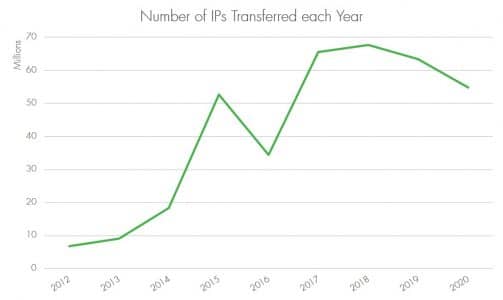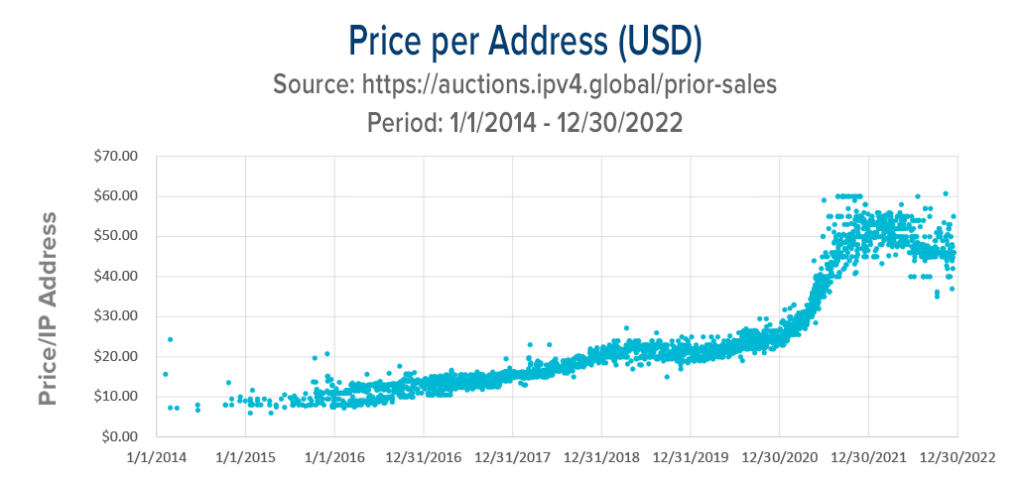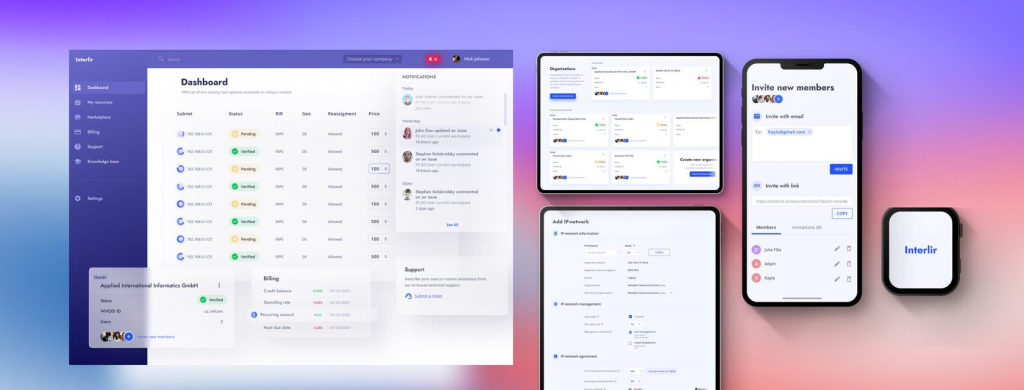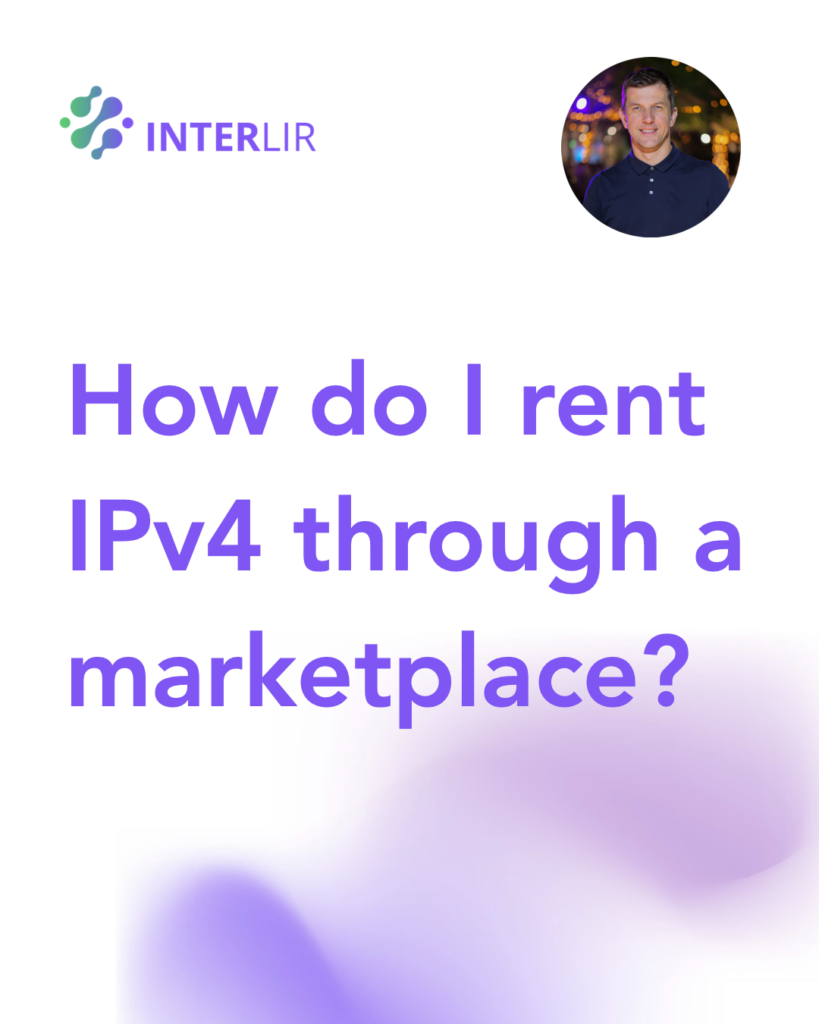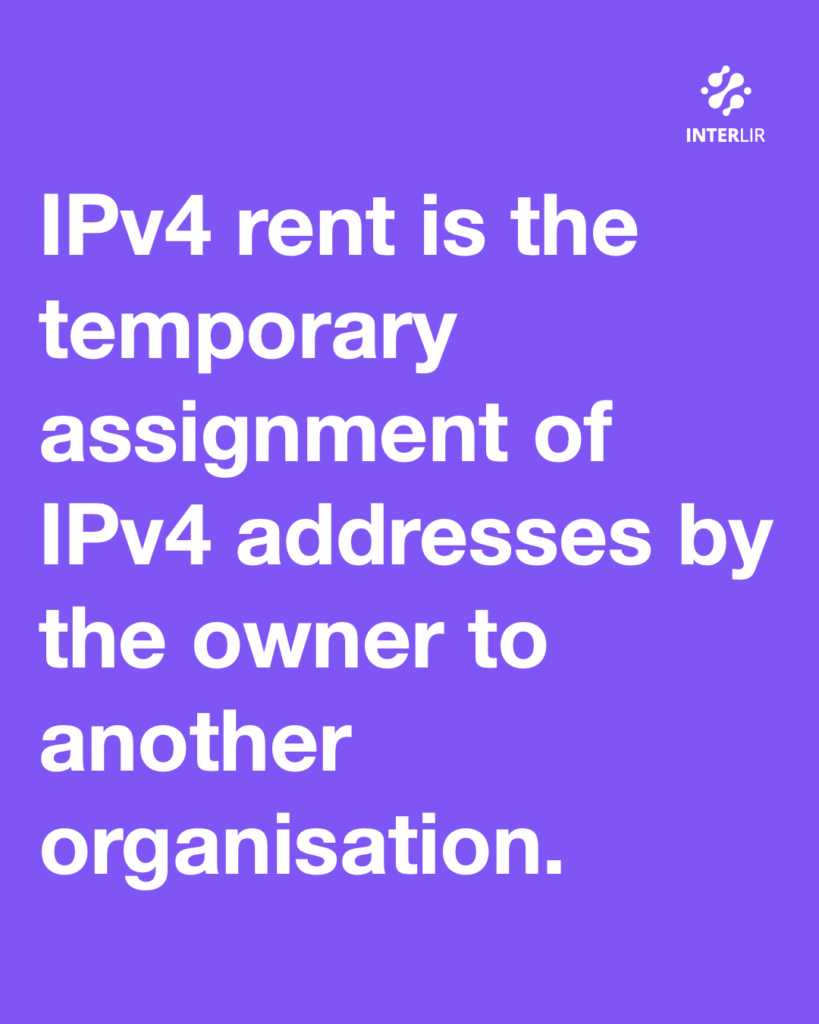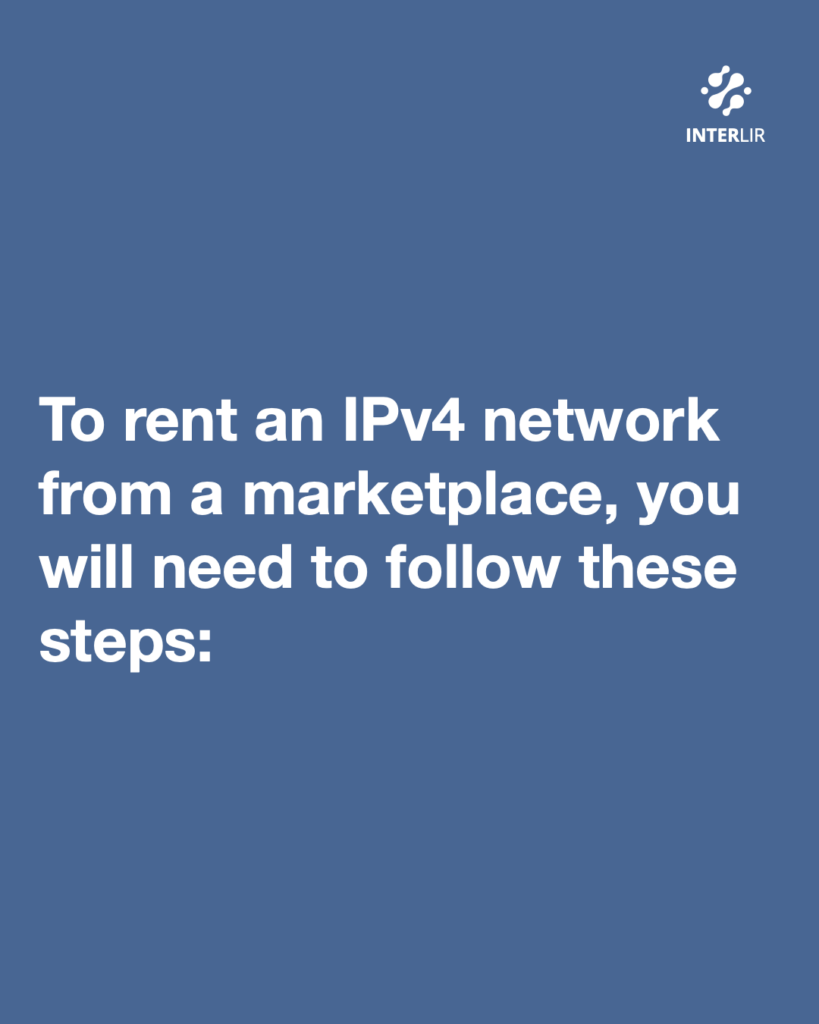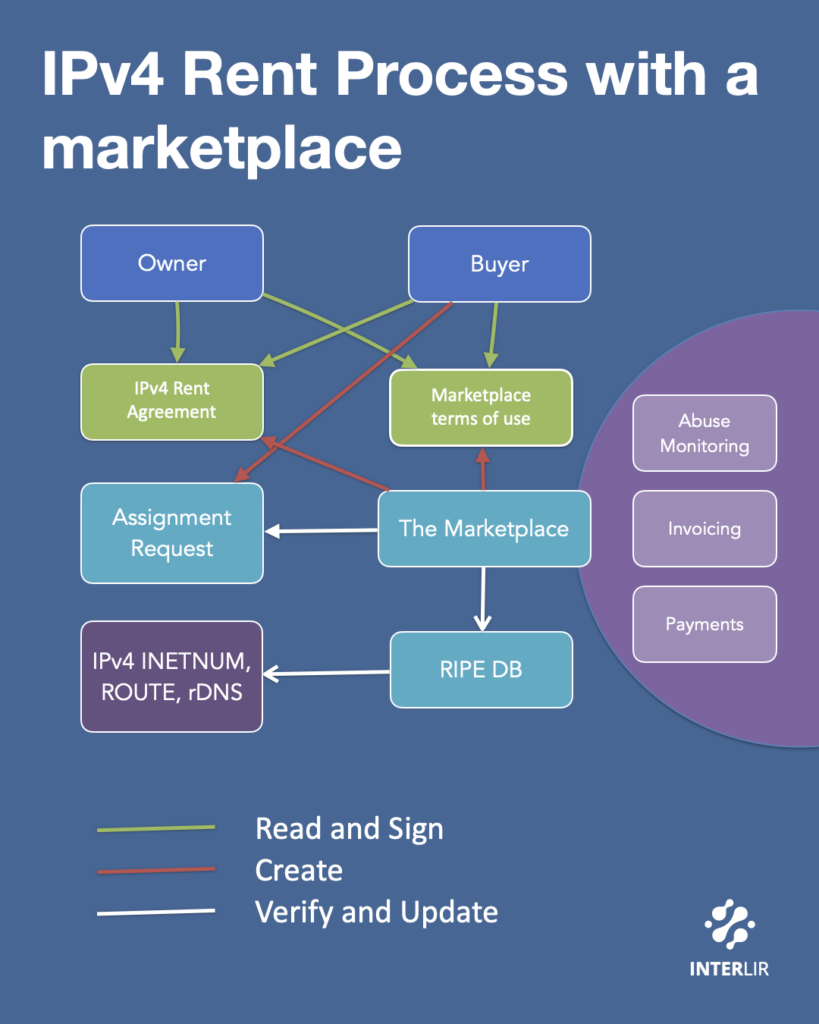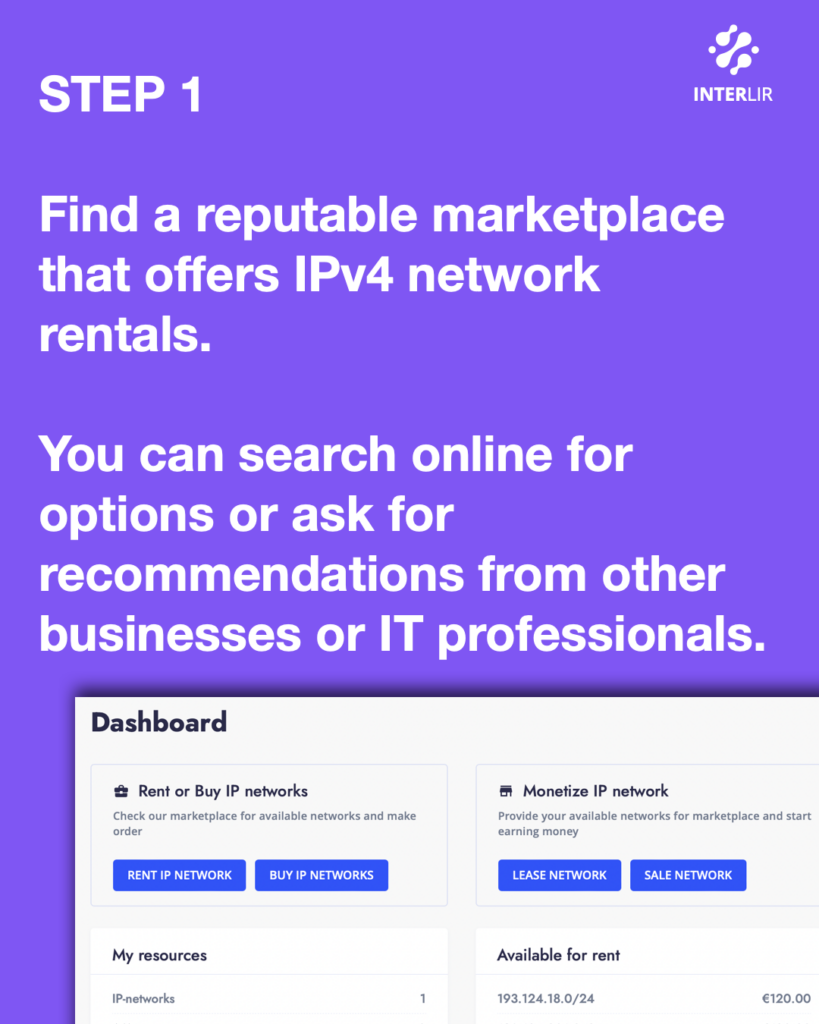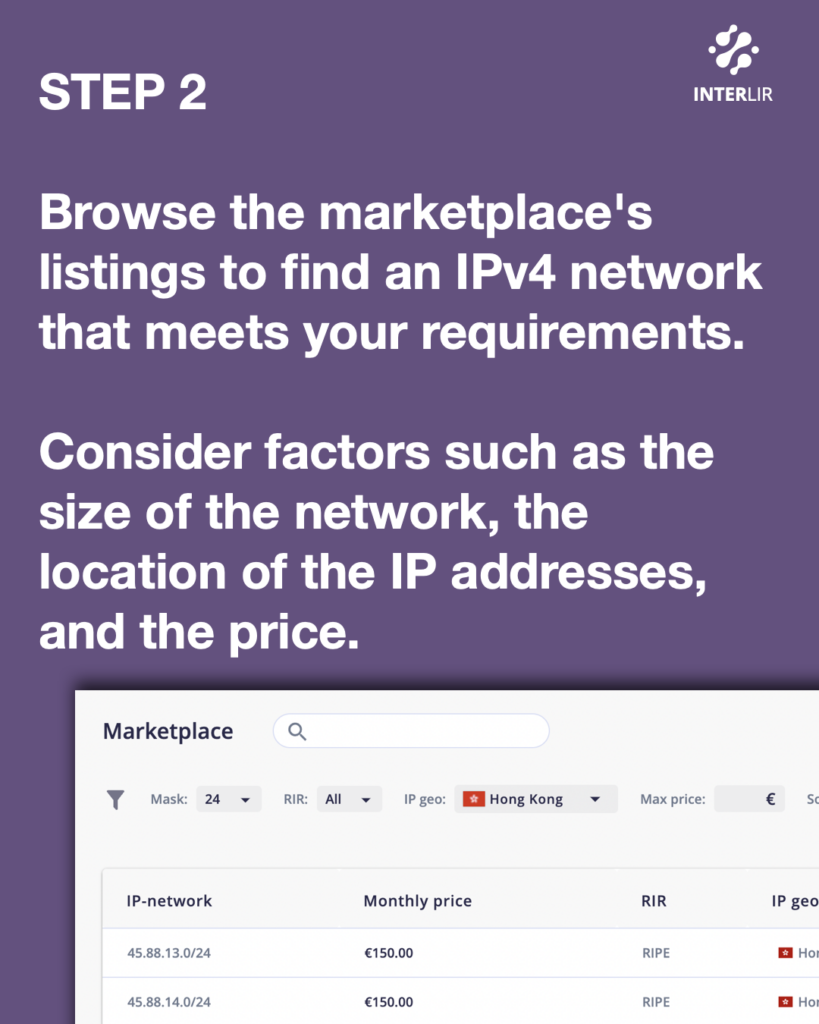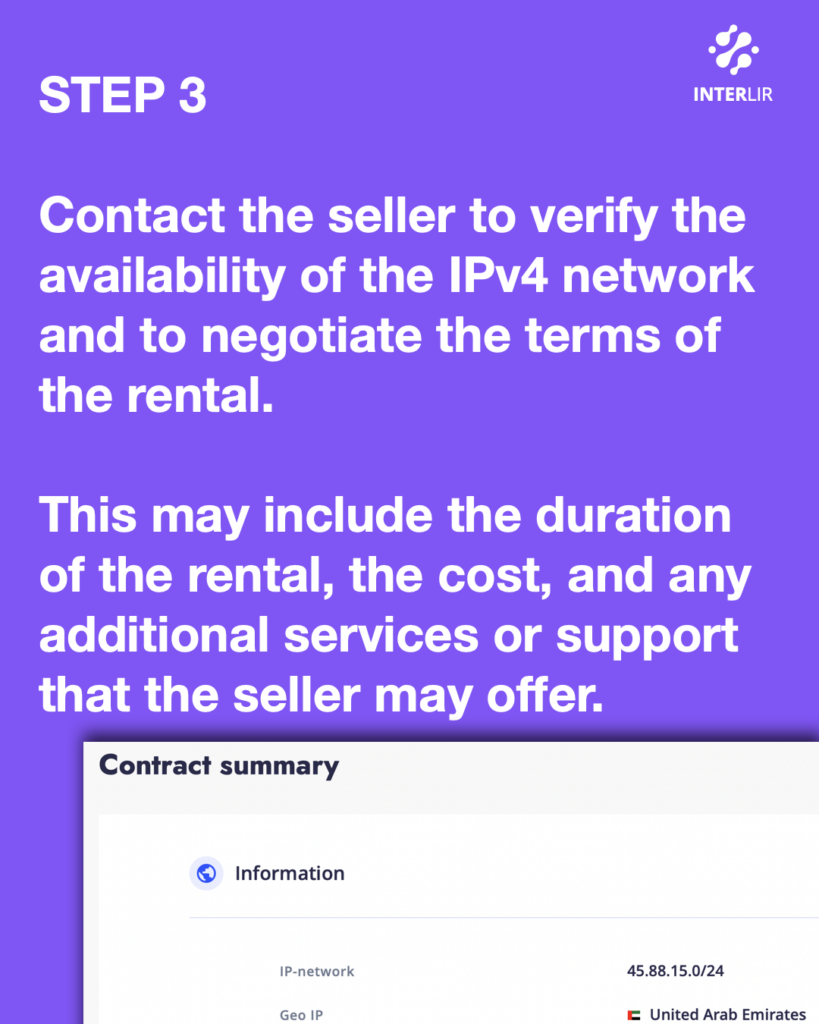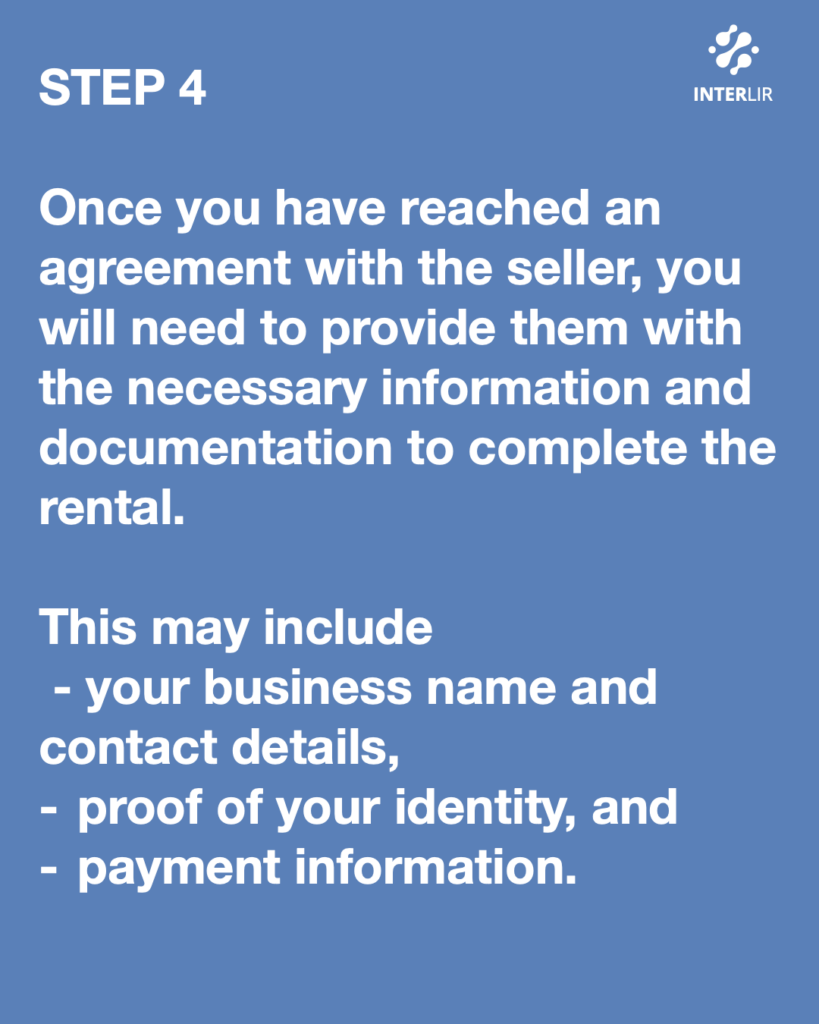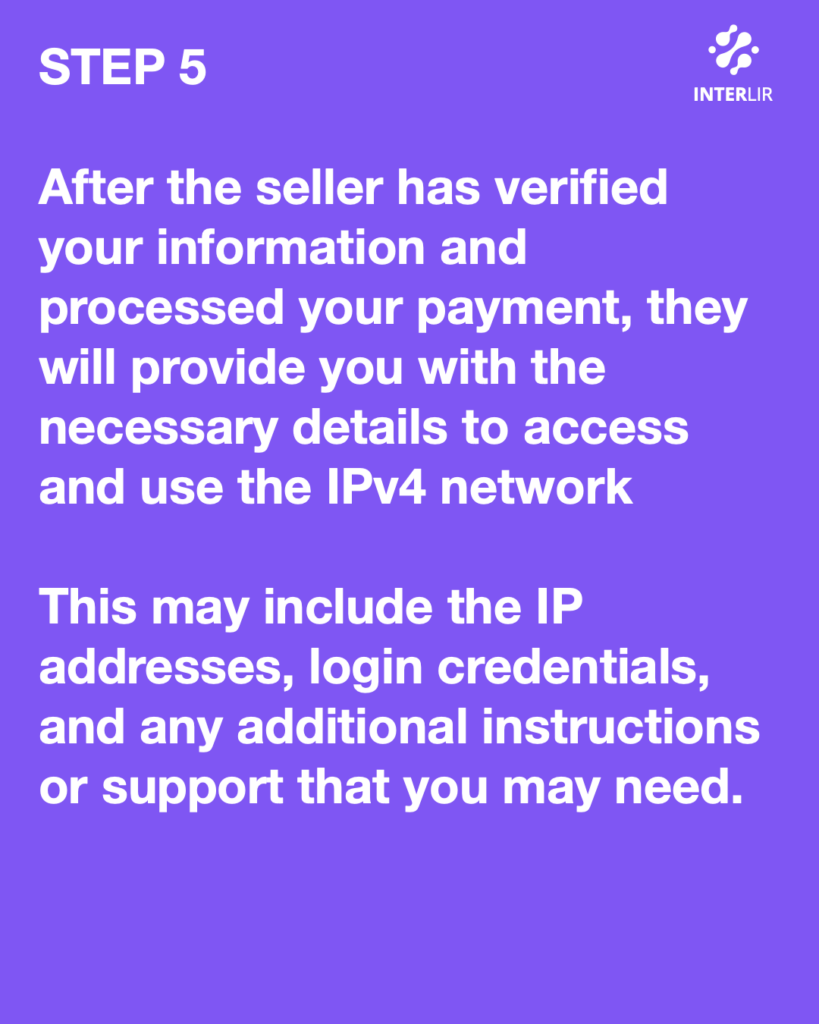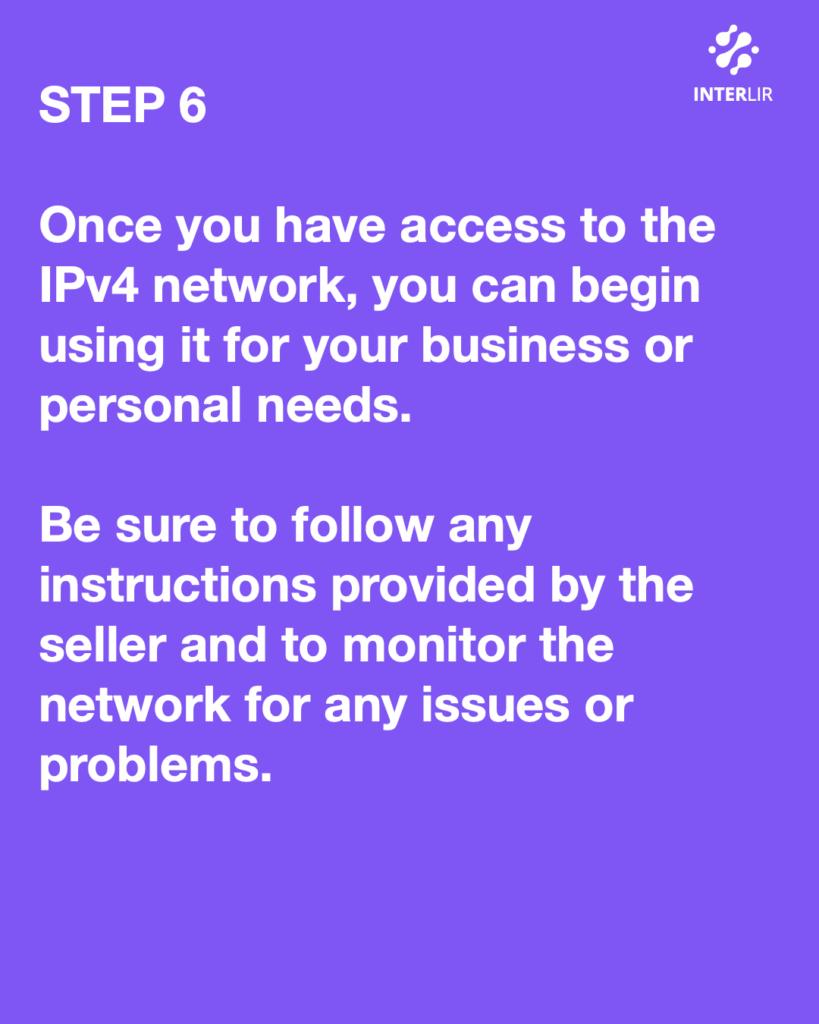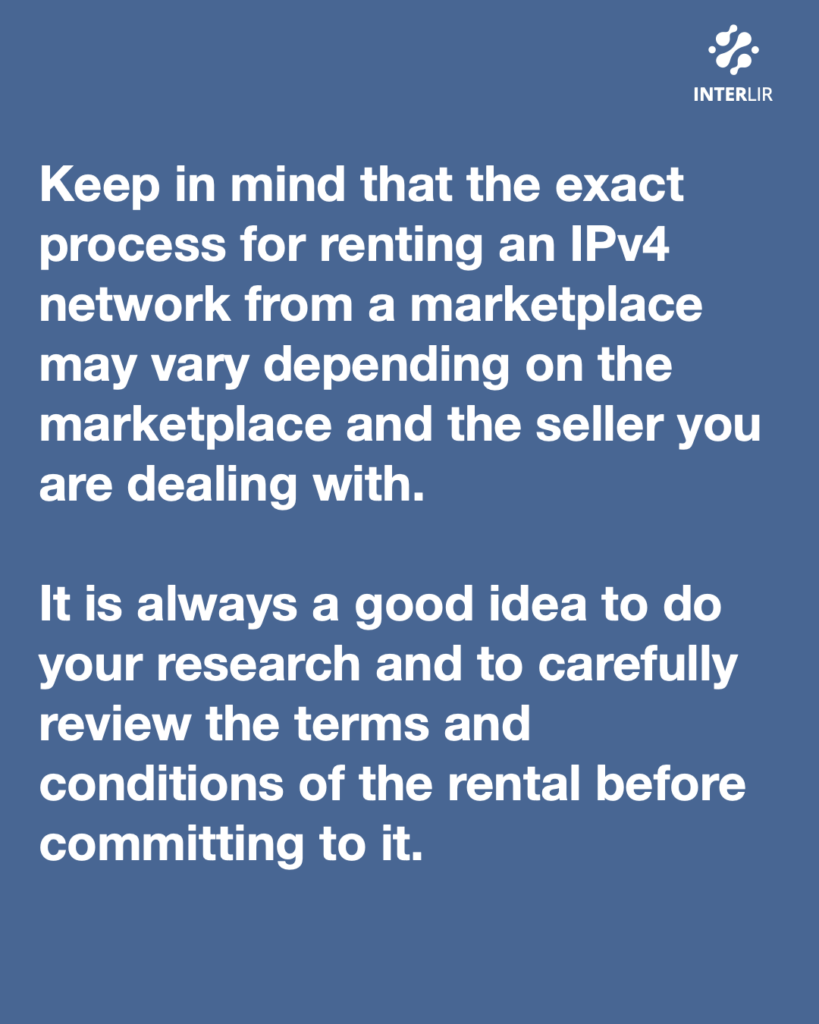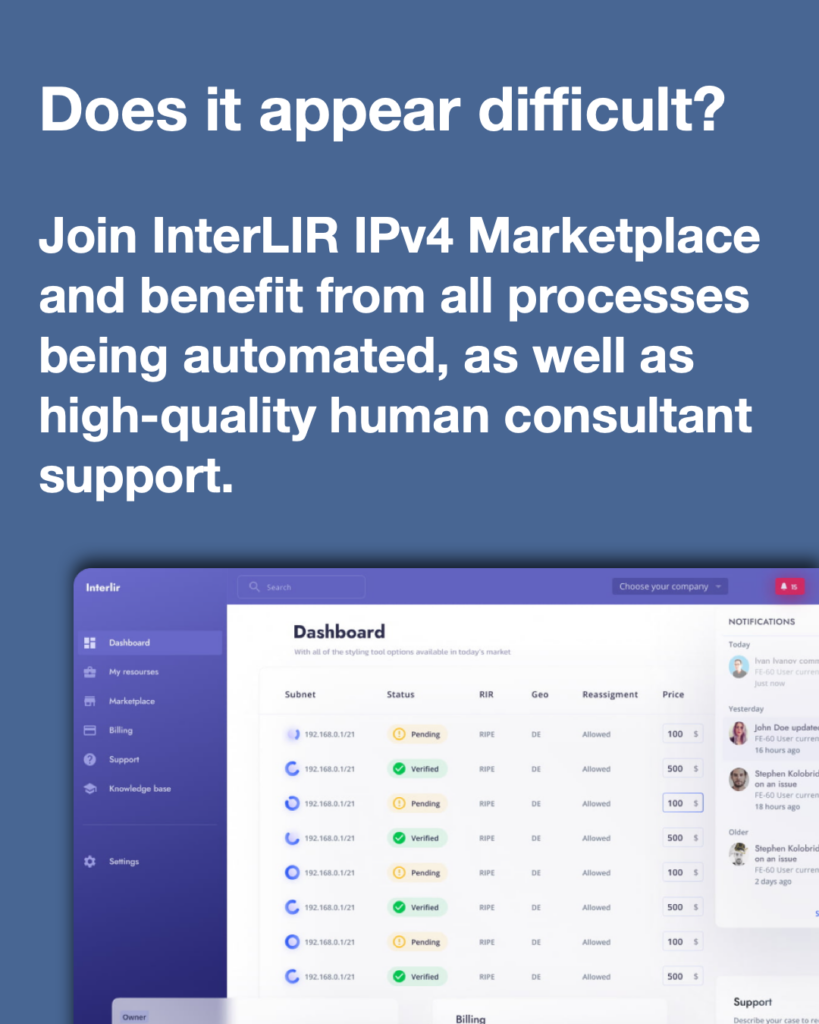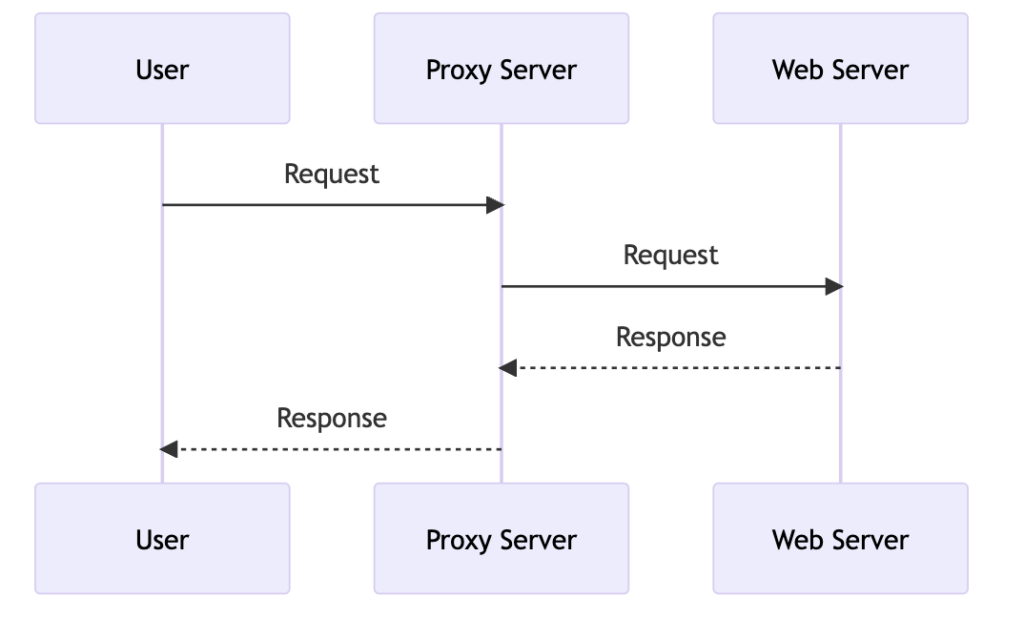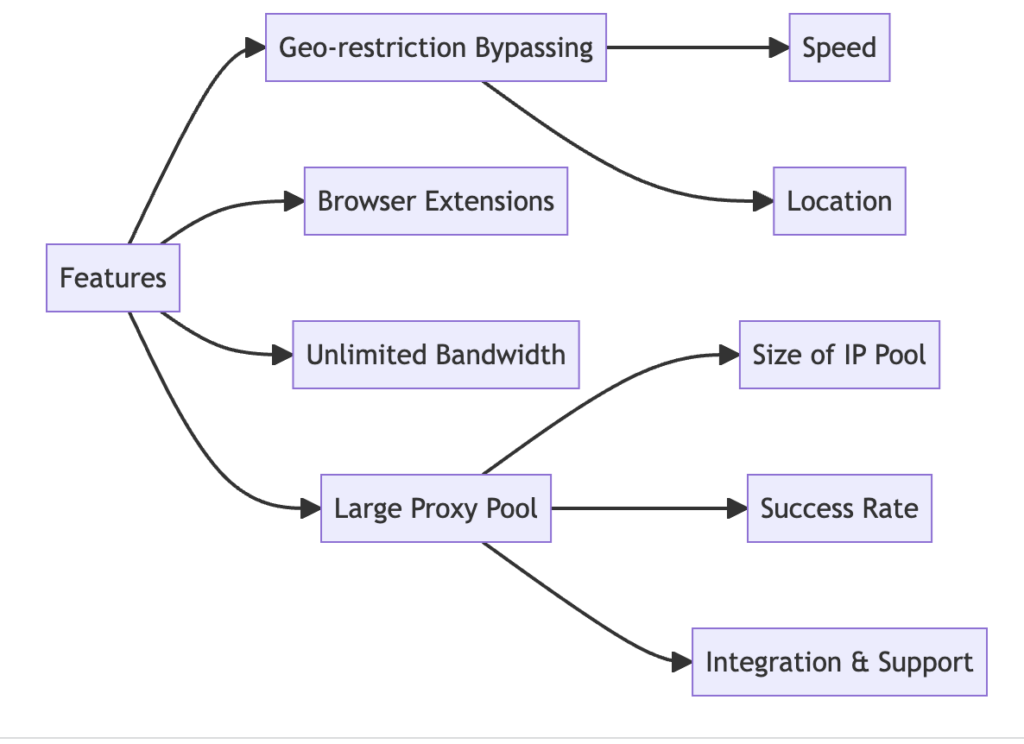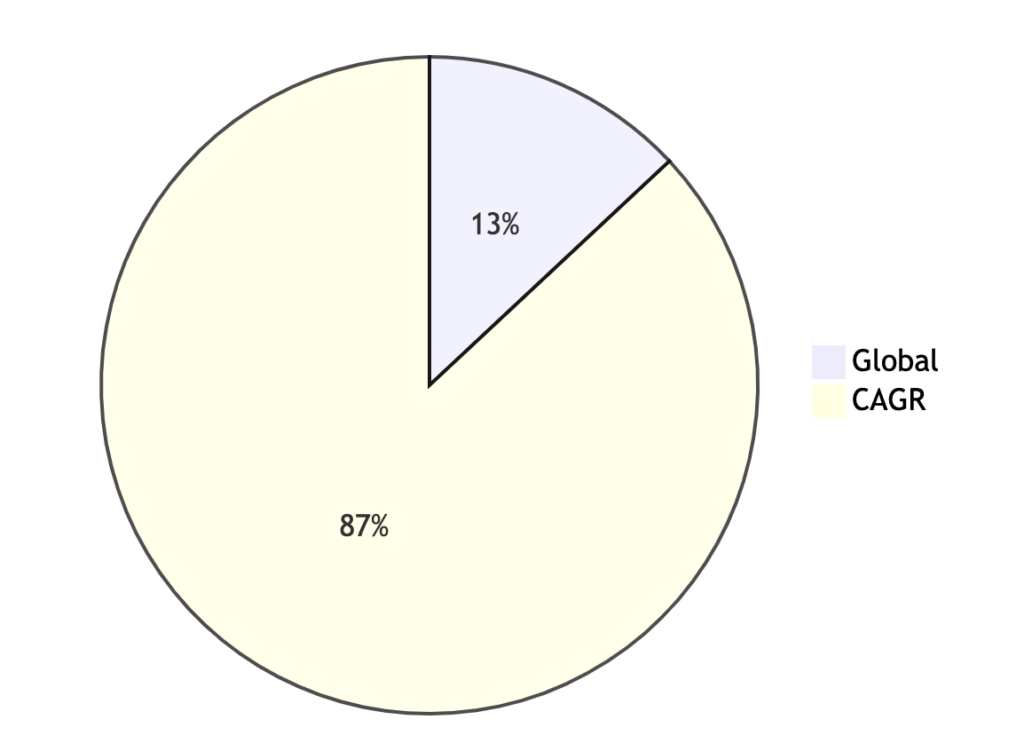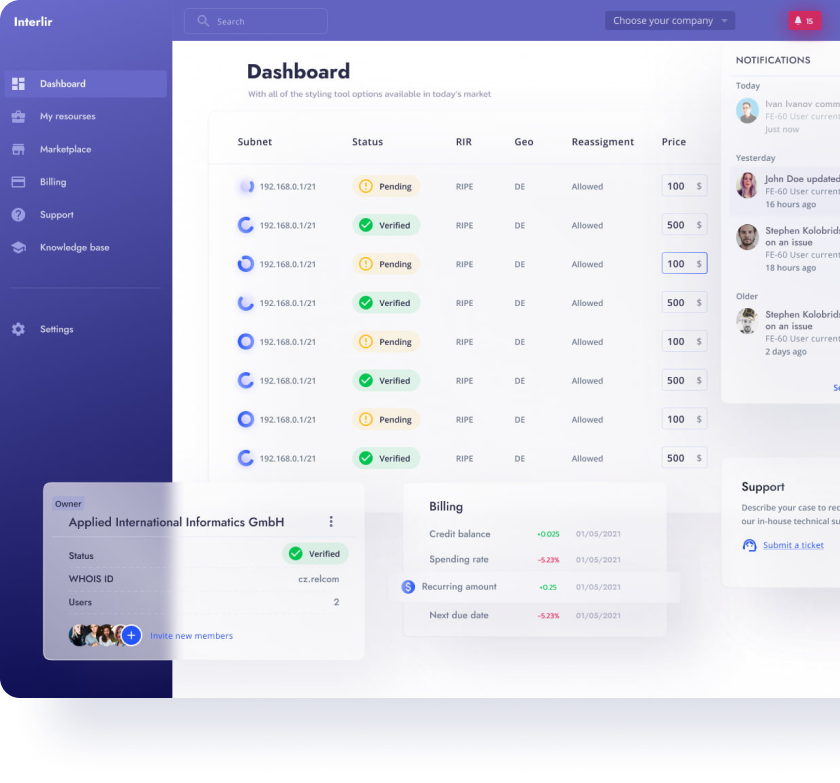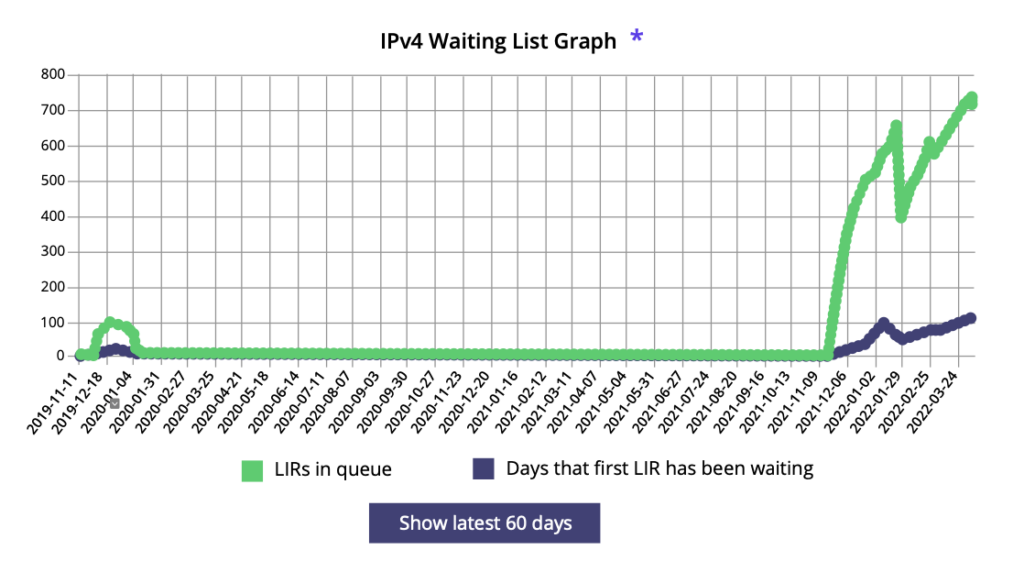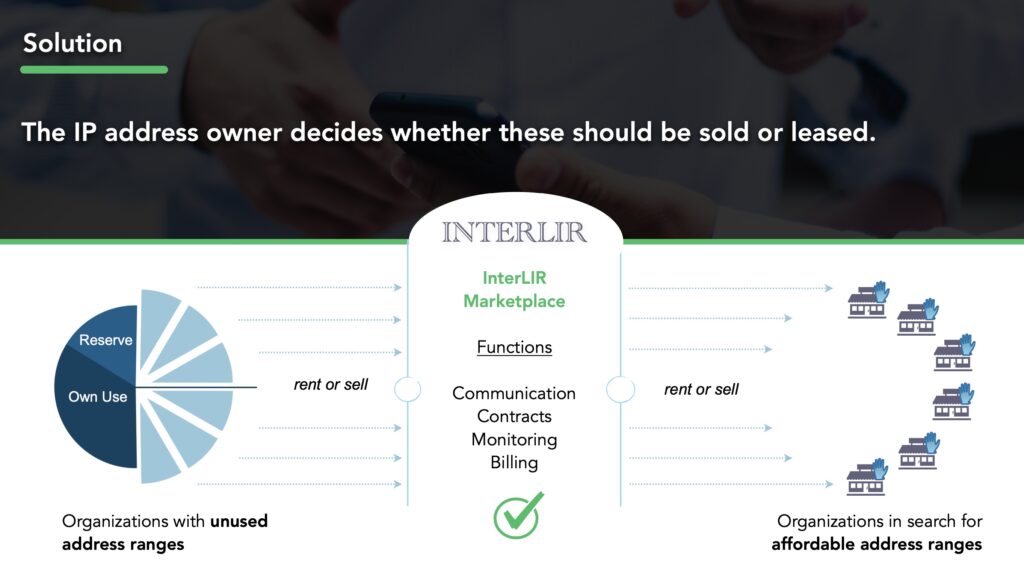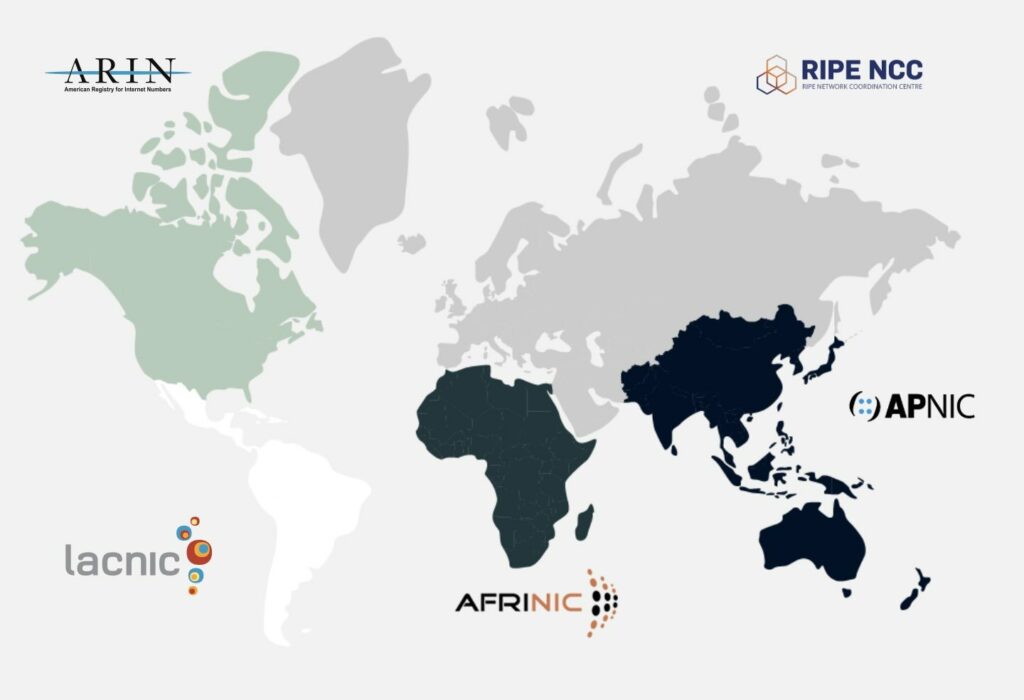A subnet mask is a fundamental element in computer networking that plays a crucial role in defining network boundaries. It is represented as a numeric code and serves as a guide for network devices to differentiate between the network and individual devices within it using IP addresses. Essentially, the subnet mask divides an IP address into two parts: the network address and the host address.
The subnet mask acts like a filter, allowing devices to determine which portion of the IP address belongs to the network and which part identifies the specific device. This separation is vital for proper communication and routing within a network.
Throughout this article, we will explore the ins and outs of subnet masks, comprehending their functionalities, and recognizing their significance in the realm of computer networking.

Subnet Mask: Understanding Its Purpose
A subnet mask is a 32-bit code utilized to partition an IP address into two distinct parts: the network address and the host address. The network address identifies the network, while the host address identifies individual devices within the network.
Functionality of a Subnet Mask
The operation of a subnet mask involves employing a binary code that is applied to the IP address. The binary code comprises a sequence of 1’s and 0’s, effectively segregating the IP address into network and host portions.
Types of Subnet Masks
There are two primary types of subnet masks: classful and classless. Classful subnet masks, utilized in traditional networking, align with IP address classes. In contrast, classless subnet masks, employed in modern networking through the variable-length subnet masking (VLSM) technique, allow for more flexibility.
Calculating a Subnet Mask
To calculate a subnet mask, essential information includes the number of bits used for network identification and the remaining bits used for device identification. The subnet mask dictates the former, while the latter is determined by the remaining bits in the IP address.
Subnetting and Its Relationship with Subnet Masks
Subnetting is the process of subdividing a network into smaller subnetworks. Subnet masks establish the boundaries of these subnetworks. This practice is pivotal in efficient network traffic management and implementing additional security measures.
The Significance of Subnet Masks
Subnet masks are integral in defining network boundaries, enabling network administrators to efficiently manage traffic and enhance security measures. Furthermore, they facilitate network division into smaller subnetworks, optimizing resource utilization.
Frequently Asked Questions (FAQ) about Subnet Masks
1. What is CIDR Notation?
CIDR notation is a concise representation of an IP address and subnet mask using a slash (/) followed by a number, denoting the number of bits used for network identification. For instance, 192.168.0.0/24 represents an IP address with a subnet mask of 255.255.255.0.
2. How is CIDR Notation Used?
CIDR notation simplifies IP address and subnet mask representation, commonly used in network configuration and displaying IP address ranges.
3. Subnet Mask vs. Default Gateway: What’s the Difference?
While both are vital in networking, a subnet mask defines network boundaries, and a default gateway directs traffic between networks.
4. How to Find the Subnet Mask of a Network?
You can find the subnet mask using the ipconfig command in Windows or the ifconfig command in Linux or macOS. Router or network device configuration also reveals the subnet mask.
5. How to Change the Subnet Mask of a Network?
Access your router or network device configuration settings to change the subnet mask to the desired value.
6. What is a Broadcast Address?
A broadcast address is a special IP address used to send messages to all devices on a network. It is typically the last address in a network, with all host bits set to 1 in the subnet mask.
7. Maximum Number of Hosts per Subnet?
The maximum number of hosts per subnet is calculated using the formula 2^n – 2, where n is the number of host bits in the subnet mask.
8. How to Calculate the Number of Subnets in a Network?
The number of subnets in a network is found using the formula 2^n, where n is the number of subnet bits in the subnet mask.
Conclusion
Subnet masks play a crucial role in computer networking, defining network boundaries and facilitating subnetting, traffic management, and security measures. Understanding subnet masks is essential for network administrators and IT professionals to configure and maintain effective computer networks.







